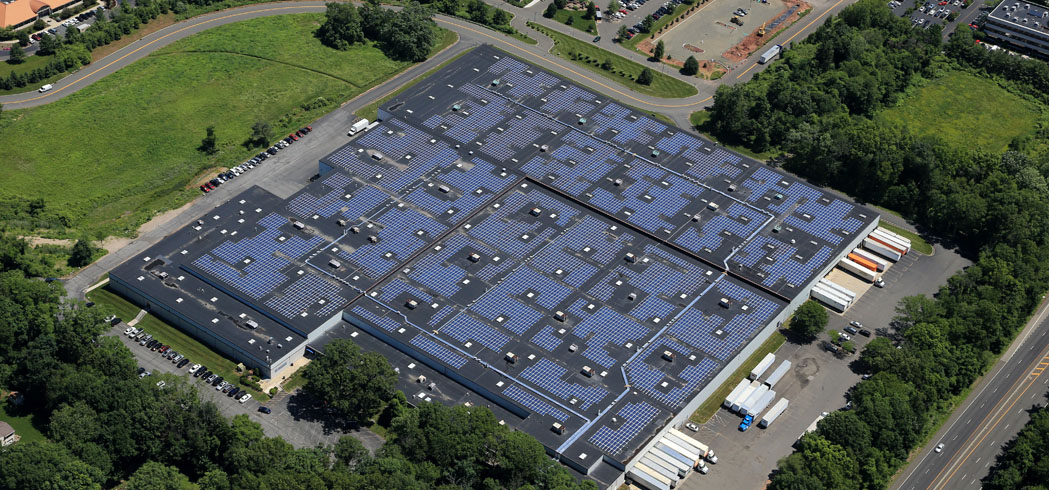From pv magazine USA
You may think that commercial solar is only for large, Fortune 500 companies with enough resources to afford millions of dollars in capital expenditures. The good news is that this is not the case. Middle-market companies can also benefit from solar and are increasingly expected to do so by large companies seeking to reduce the environmental impact of their supply chains.
Mid-scale companies can more effectively position themselves with their customers and drive significant savings or tax benefits by going solar. And many have done so already – the amount of solar capacity installed across the United States has grown tenfold over the past decade, and some people are already calling the 2020s “the solar decade.”
Even so, many attractive opportunities remain. In the United States, solar energy installations can help roughly 70% of businesses reduce operating costs and meet environmental goals in the 2020s. Here are a few simple steps you can use to evaluate return on investment and begin developing a successful solar energy installation for your business.
Evaluate your property
First, you should own the property or have control of the roof. If you lease, a landlord-tenant deal can be pursued, but would require additional coordination. Your rooftop should have ample room (typically greater than 50,000 square feet) with direct sunlight for an effective solar energy system to be installed. Most commonly, commercial solar installations are placed on large, flat, unobstructive rooftops, without shading from surrounding trees or other structures.
Second, if a rooftop installation does not work, solar panels can also be considered for parking areas. With solar canopies, employee and customer vehicles enjoy the additional benefit of protection from weather and UV rays. And it is also straightforward to incorporate additional features such as lighting or EV charging stations.
Third, businesses with under-utilized land may also consider a ground-mounted solar panel installation, although environmental studies and trenching may add to the cost of the project.
Electricity costs
Before meeting with potential solar vendors, it is recommended that you compile the last year of your property’s utility bills. This includes the monthly kilowatt-hour (kWh) consumption, electricity rates, and total billed amounts.
The average commercial or industrial rate for electricity nationwide is roughly $0.09/ kWh. If your rate is higher, solar could be a good option to realize savings. Even when it’s lower, many variables can still make solar worthwhile.
Keep in mind that solar energy systems are designed to be long-term assets with stable, predictable benefits, and there are numerous benefits beyond financials.
Identify incentives
When considering solar, the two obvious benefits are financial and environmental. As consumer and international businesses now consider the environmental impact of their decisions, the line between these two benefits is beginning to blur, as markets are likely to reward those who go green.
The Federal Investment Tax Credit (ITC), historically a 30% credit, is set to provide a tax credit equivalent to 26% of a solar installation’s total costs this year. This is set to further fall to 10% in 2024 and remain at that level thereafter.
To continue reading, please visit our pv magazine USA website.
This content is protected by copyright and may not be reused. If you want to cooperate with us and would like to reuse some of our content, please contact: editors@pv-magazine.com.



1 comment
By submitting this form you agree to pv magazine using your data for the purposes of publishing your comment.
Your personal data will only be disclosed or otherwise transmitted to third parties for the purposes of spam filtering or if this is necessary for technical maintenance of the website. Any other transfer to third parties will not take place unless this is justified on the basis of applicable data protection regulations or if pv magazine is legally obliged to do so.
You may revoke this consent at any time with effect for the future, in which case your personal data will be deleted immediately. Otherwise, your data will be deleted if pv magazine has processed your request or the purpose of data storage is fulfilled.
Further information on data privacy can be found in our Data Protection Policy.